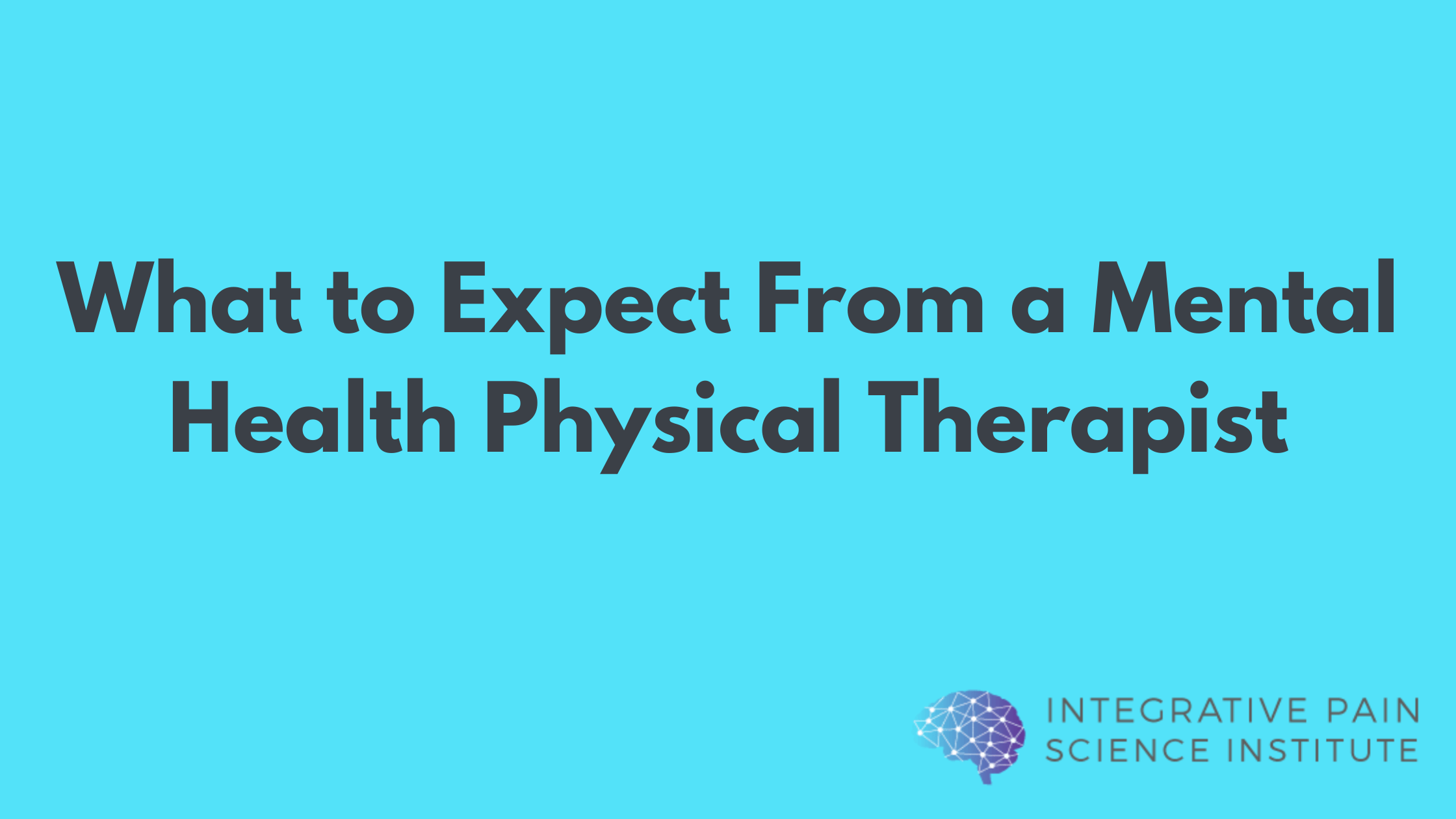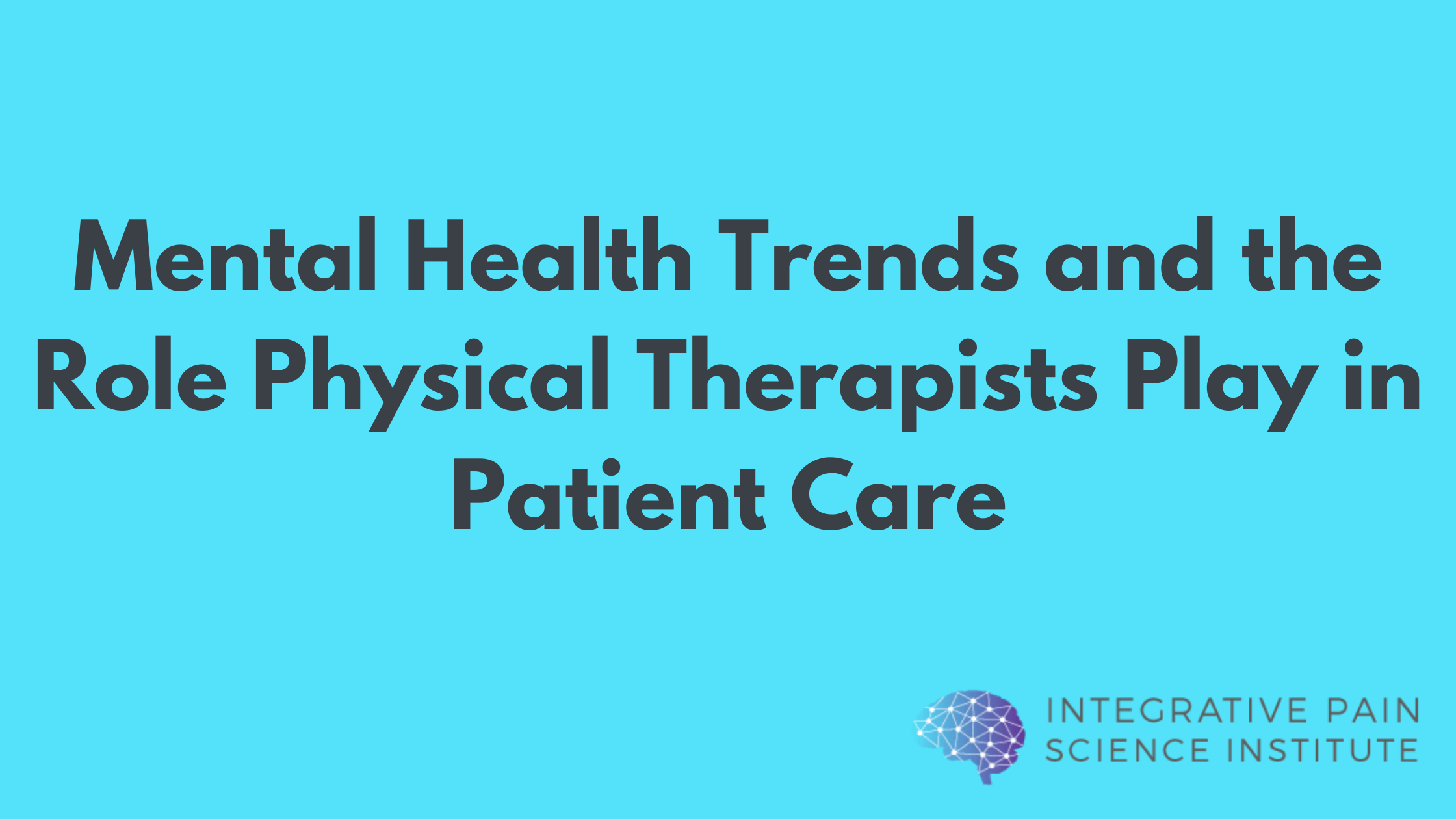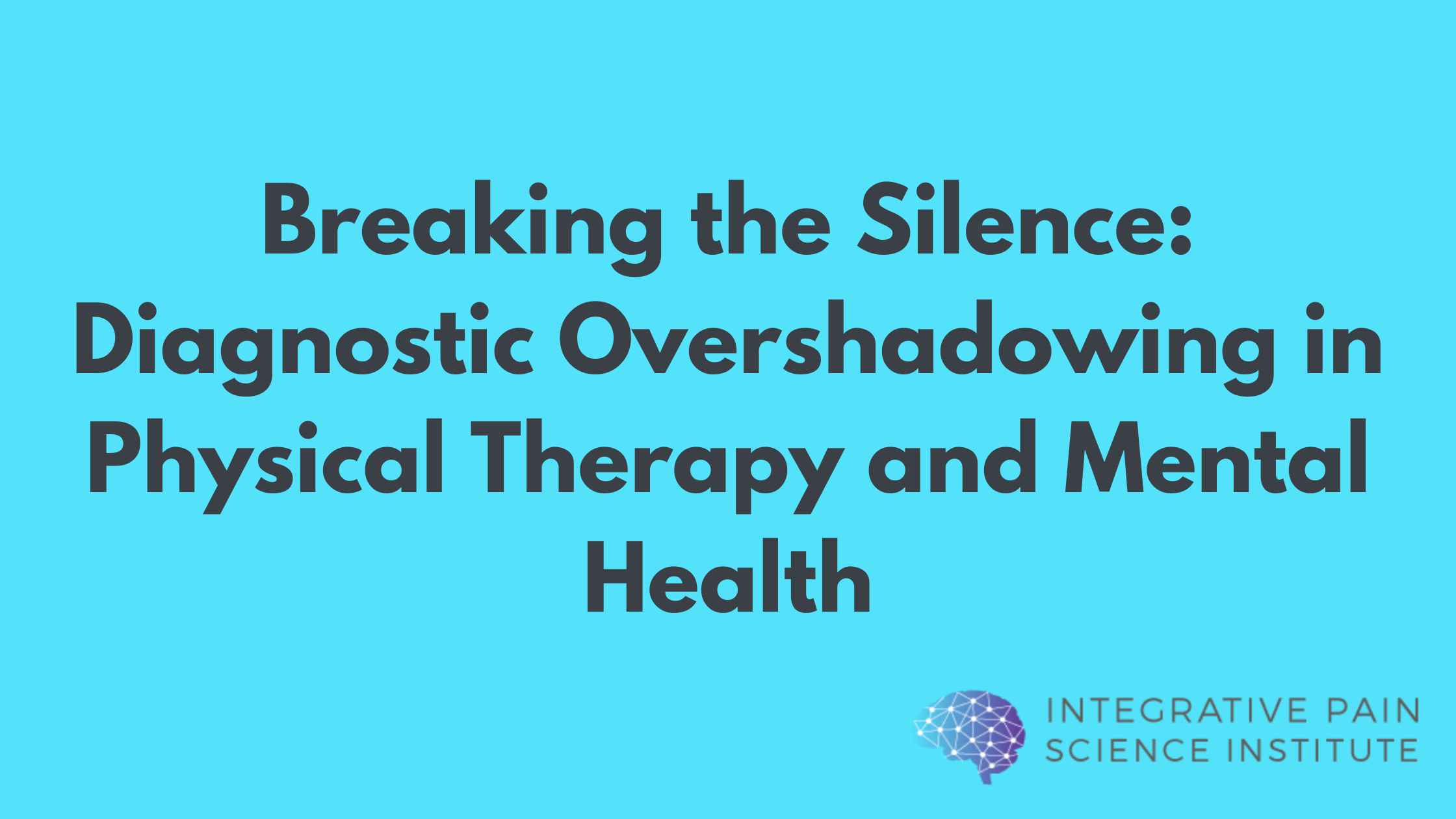Health and Wellness Coaching: A Novel Treatment for Chronic Pain?
Chronic pain is a complex condition that affects biological, social, and psychological aspects of life which warrants a treatment that is similarly multifaceted. An estimated 30-40% of adults in the United States have chronic pain, which is higher than the number of Americans living with other conditions including diabetes, cancer, or heart disease.1 Over extended periods of time, chronic pain can cause changes to the nervous system that increases overall pain beyond the scope of the initial cause. In accordance with the biopsychosocial nature of chronic pain conditions, common forms of treatment include exercise therapy, cognitive behavioral therapy, and non-opioid medication. However, wellness and health coaching (HWC) has recently emerged as another potential treatment option for patients that reflects the complex nature of chronic pain while more accurately addressing its root causes. This article summarizes the findings of a July 2020 study from PLOS One that evaluated the impact of health and wellness coaching on patients with chronic pain.

How is Health and Wellness Coaching Related to Chronic Pain?
Existing research has established that chronic pain is closely linked to anxiety, depression, stress, and insomnia.2 As such, HWC appears to be a promising alternative for treatment that addresses these aspects of chronic pain. Health and wellness coaching is based on changing the patient’s health behaviors through a patient-centered process of identifying and fulfilling health-related goals. This creates an effective program for treating a variety of diseases and conditions, and tends to have lasting benefits for patients as compared to traditional education and treatment. HWC has been shown to have a positive impact on health outcomes for patients with chronic conditions including cancer, diabetes, and cardiovascular disease and has been implemented by a variety of healthcare professionals ranging from nurses to physical therapists and psychologists.3 Through health coaching programs integrated with traditional physical therapy or other treatment, patients with chronic pain may be able to experience similar lasting benefits.
Is Health and Wellness Coaching Beneficial for Patients with Chronic Pain?
The goal of this particular study was to determine the effectiveness of an HWC-based program for treating chronic pain. This was accomplished through three major aims of the study: to determine if HWC had a positive impact on pain outcomes, to examine possible improvements to psychological factors, and to establish potential links between physical and psychological factors of chronic pain and pain-related outcomes over time. The study was conducted through retrospective analysis of 419 patients who had participated in a specific HWC-based program between 2010 and 2018. The program lasted for one year, with weekly 30-minute individual coaching sessions and 60-minute group sessions. 213 patients had 6-month data, while 181 had 12-month outcomes data suitable for the study.
Pain Outcomes: Physical and Psychological Factors
Statistically significant improvements with large effect sizes were found for all pain-related variable scores except fear. This includes pain intensity, vitality, negative affect, mobility, and pain-related functioning.
Comparison of Pain Outcomes Questionnaire scores at each timepoint, which measures a variety of pain-related outcomes.4
The data shows a clear association between length of time in the HWC program and improvement of pain-related outcomes. Similarly, there was clear improvement in overall pain intensity ratings following treatment:
Pain intensity ratings at each timepoint.4
The Relationship Between Pain Outcomes and Pain Intensity
The researchers used exploratory linear mixed-effects regression analyses to determine a potential association between pain-related outcomes (physical and psychological) and overall pain intensity. Both physical and psychological variables were associated with pain intensity, with pain-related mobility, negative affect, and vitality being the most consistently correlated to improvements in pain intensity.
Dr. Tatta’s simple and effective pain assessment tools. Quickly and easily assess pain so you can develop actionable solutions in less time.
How Can Physical Therapists Benefit from this Study?
The present findings illustrate the high potential of health and wellness coaching to be an effective tool for clinicians treating chronic pain conditions, through both the improvement of pain intensity and pain-related outcomes. Additionally, the study highlights the benefits of treating chronic pain through a multifaceted approach aimed at improving pain-related outcomes. Although the program analyzed throughout the study was not designed to specifically improve pain intensity, patients consistently reported improvements in this category as treatment continued. This demonstrates the effectiveness of HWC for improving pain-related outcomes that are associated with positive reductions in pain intensity. Likewise, the findings corroborate existing evidence that HWC supports a well-rounded approach to chronic pain treatment that addresses related factors to improve quality of life for patients.
These results are of particular interest to physical therapists, who are already well-positioned to integrate health coaching into their practices. Since physical therapy already necessitates regular visits, strong relationships with the patient, and a similar course of action to those employed in HWC-based programs, it is likely that physical therapists would require training to become capable of administering effective health coaching to patients. While more research is needed to further understand the mechanisms underlying HWC for chronic pain, it currently appears to be a promising alternative to existing treatment options that can create long-lasting benefits for patients.
REFERENCES:
- Interdisciplinary chronic pain management: past, present, and future. Gatchel RJ, McGeary DD, McGeary CA, Lippe B Am Psychol. 2014 Feb-Mar; 69(2):119-30.
- Psychosocial factors and risk of chronic widespread pain: an 11-year follow-up study–the HUNT study. Mundal I, Gråwe RW, Bjørngaard JH, Linaker OM, Fors EA Pain. 2014 Aug; 155(8):1555-61.
- The effects of health coaching on adult patients with chronic diseases: a systematic review. Kivelä K, Elo S, Kyngäs H, Kääriäinen M Patient Educ Couns. 2014 Nov; 97(2):147-57.
- Rethorn, Z. D., Pettitt, R. W., Dykstra, E., & Pettitt, C. D. (2020). Health and wellness coaching positively impacts individuals with chronic pain and pain-related interference. PloS one, 15(7), e0236734. https://doi.org/10.1371/journal.pone.0236734



